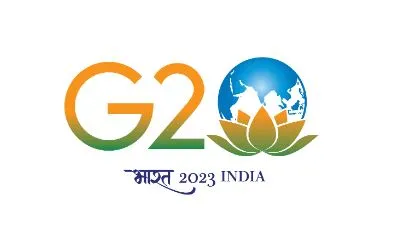Global experts from governments, civil society, academia, the private sector and international organisations will be meeting from July 22 to 26 in Rio de Janeiro to discuss issues that require new development models. Among them, former Chilean President Michelle Bachelet and the president-elect of the European Council, António Costa.
The current scenario has brought greater challenges for governments, demanding new responses, state capacities and rapid action to meet the needs of the population. Technological advances, pandemics, climate change, new threats to transnational security and significant developments in the labor market are pushing the state to build a more sustainable and socially just development model.
To debate how the state can promote a revolution towards this new model of society, global experts involving governments, civil society, academia, the private sector and international organizations will be meeting from July 22 to 26 at the G20 States of the Future side event in Rio de Janeiro.
The program will include keynote speeches and panels in talk-show format, with the participation of names such as António Costa, president-elect of the European Council; Michelle Bachelet, former president of Chile; Denise Ferreira da Silva, professor at New York University; Mariana Mazzucato, founding director of the Institute for Innovation and Public Purpose at University College London (IIPP/UCL); Ailton Krenak, Indigenous leader and member of the Brazilian Academy of Letters (Academia Brasileira de Letras) and Ha-Joon Chang, professor at SOAS University of London and author of bestsellers such as “Chutando a Escada”.
The panels will bring together the views of different experts on the current industrial, economic and sustainability policy challenges, still under the impact of the Covid-19 pandemic, of the G20 member countries, especially those in the development stage. There will also be discussions on the role of the state in leading the necessary changes, exploring ways to proactively redesign institutions in order to create resilient and agile states that are fit for the 21st century. Another focus of the panels will be the global governance system and the role of state and non-state actors in building desirable futures.
Seminars and social dialogue tables between national and international experts and civil society organisations will be the activities of the last two days. Discussions will address topics such as digital transformation; diversity; inclusion; the future of work in the public service; and the transformation of education, among others.

